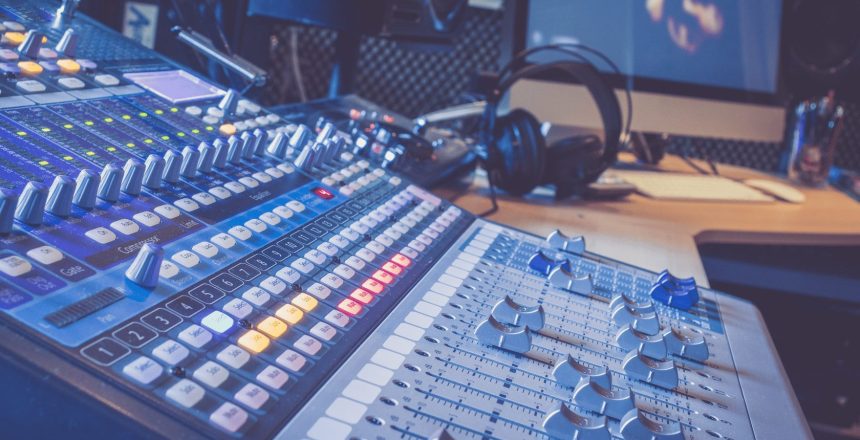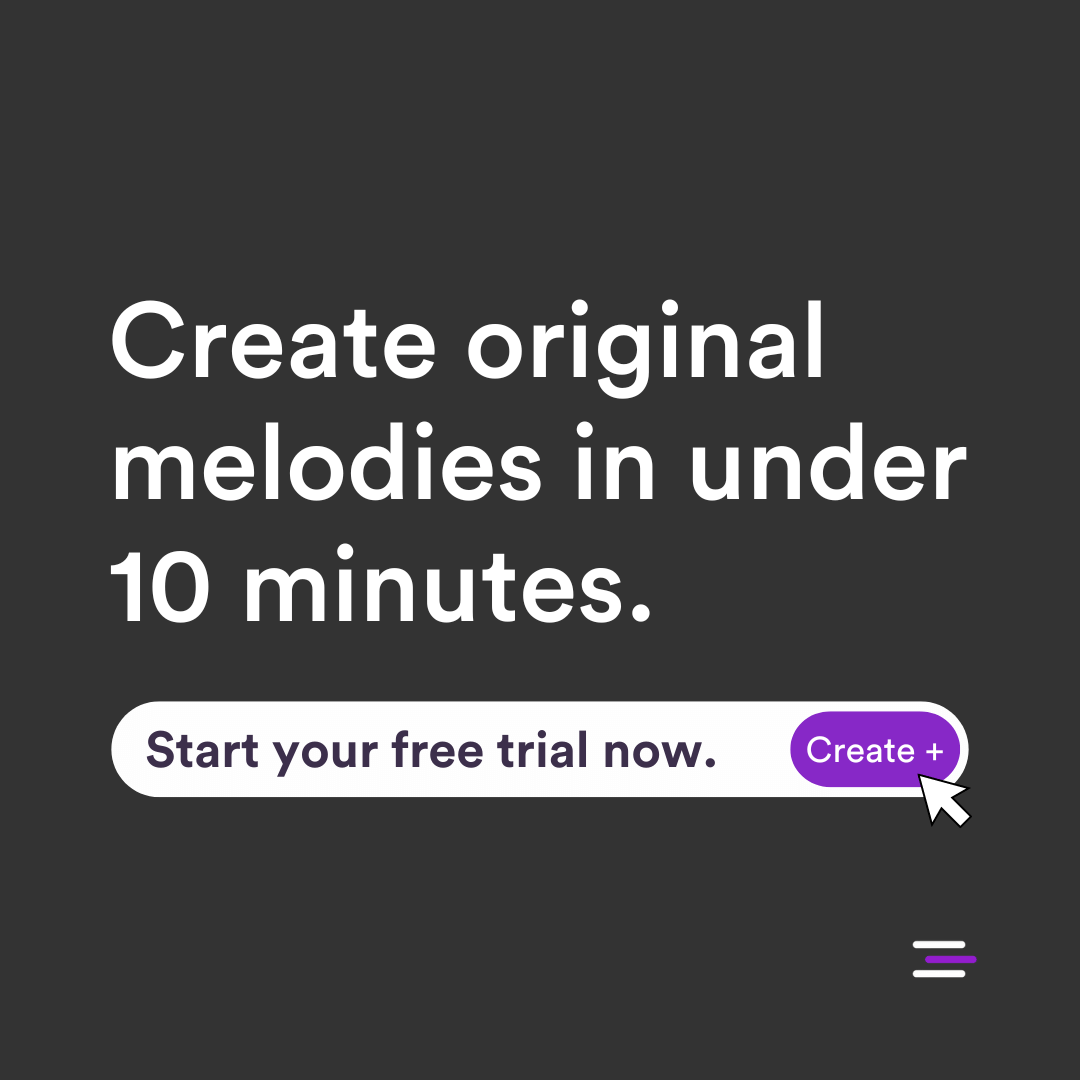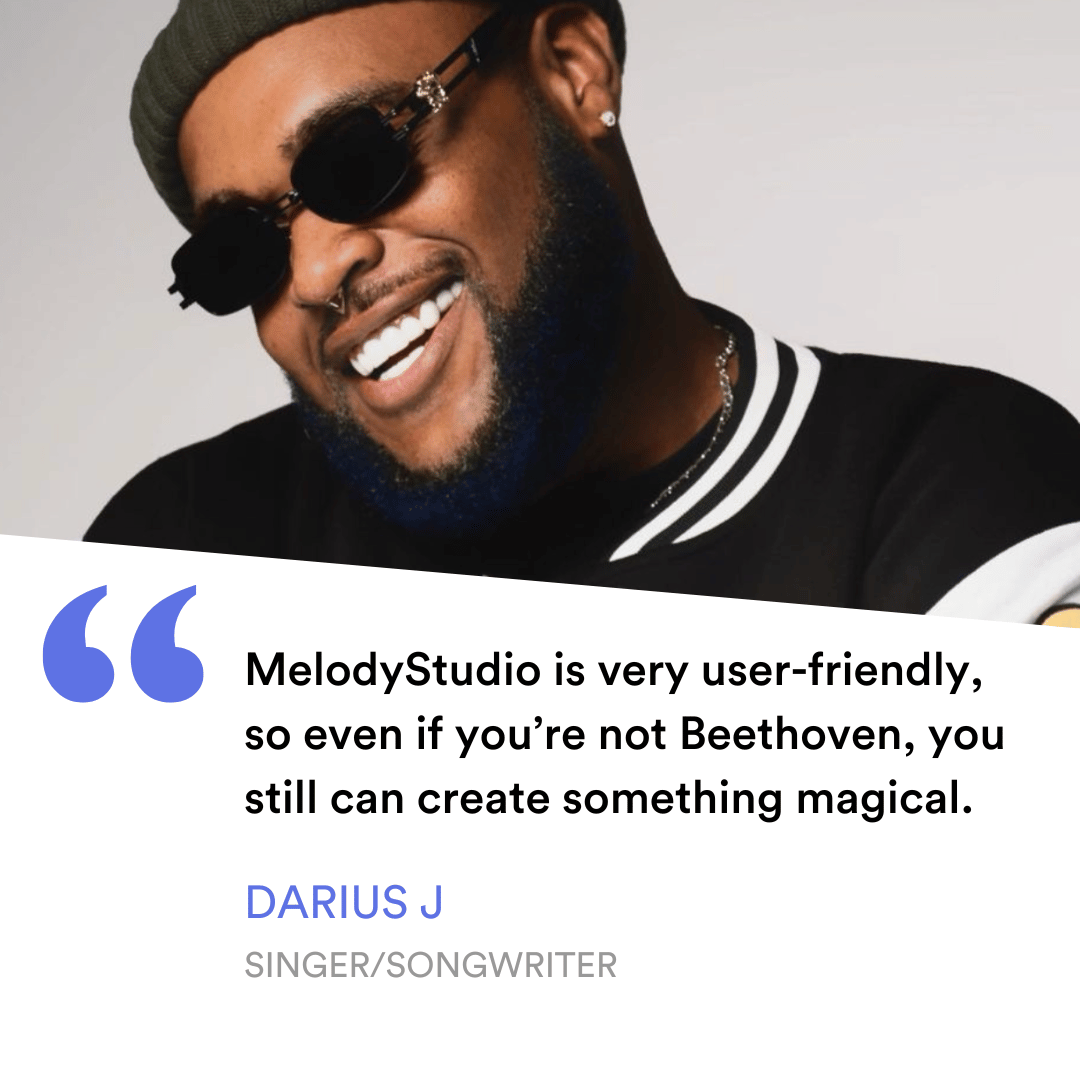In the ever-evolving landscape of music composition, AI has emerged as a powerful tool that can both assist and inspire artists. While some AI systems aim to replace human creativity, there are co-creative platforms like LyricStudio and MelodyStudio that prioritize the artist’s vision and provide valuable assistance. By leveraging generative AI in music composition, musicians gain access to new lyrics and phrases that they may not have thought of themselves, ultimately enhancing their creative process.
AI systems that attempt to do everything by themselves often present challenges for artists. Communication can be difficult, especially when using text-to-image models where expressing creative ideas becomes a complex task. Moreover, relying solely on AI-generated content may lead to a loss of creative control, as the artist’s unique style and intentions may not be fully realized. However, co-creative platforms like LyricStudio address these concerns by placing the artist in the driver’s seat. Artists retain complete control and work collaboratively with AI to craft their compositions.
One of the significant benefits of using generative AI in music composition is the exposure to new lyrics and phrases. AI systems are capable of generating an extensive range of possibilities, offering fresh perspectives and ideas that may not have occurred to the artist on their own. By venturing into this unexplored territory, musicians can discover unique lyrical combinations, metaphors, and imagery that add depth and originality to their compositions.
Despite the assistance of AI, the artist always has the final say in the creative process. Co-creative platforms like LyricStudio empower musicians to edit or discard AI-generated suggestions according to their preferences. This level of control ensures that the artist’s creative vision remains intact, and the final composition truly represents their artistic expression. The AI becomes a valuable tool that supports and inspires, but the artist remains at the helm, making crucial decisions and shaping the overall direction of the music.
The collaboration between human creativity and generative AI fosters a symbiotic relationship. Artists are inspired by AI-generated suggestions, allowing them to explore uncharted territories and push the boundaries of their creative expression. Simultaneously, AI learns from the artist’s preferences and style, adapting its suggestions to better align with the artist’s vision over time. This dynamic interaction between human creativity and AI assistance leads to a continuous exchange of ideas and an evolution of musical compositions.
The role of AI in music composition extends beyond individual artists. It has the potential to transform the music industry as a whole by revolutionizing the creative process. AI-powered platforms provide accessible and innovative tools that spark creativity and enable artists to craft unique compositions. By embracing the collaborative potential of AI, musicians can unlock new realms of artistic expression and captivate audiences with their distinctive musical offerings.





